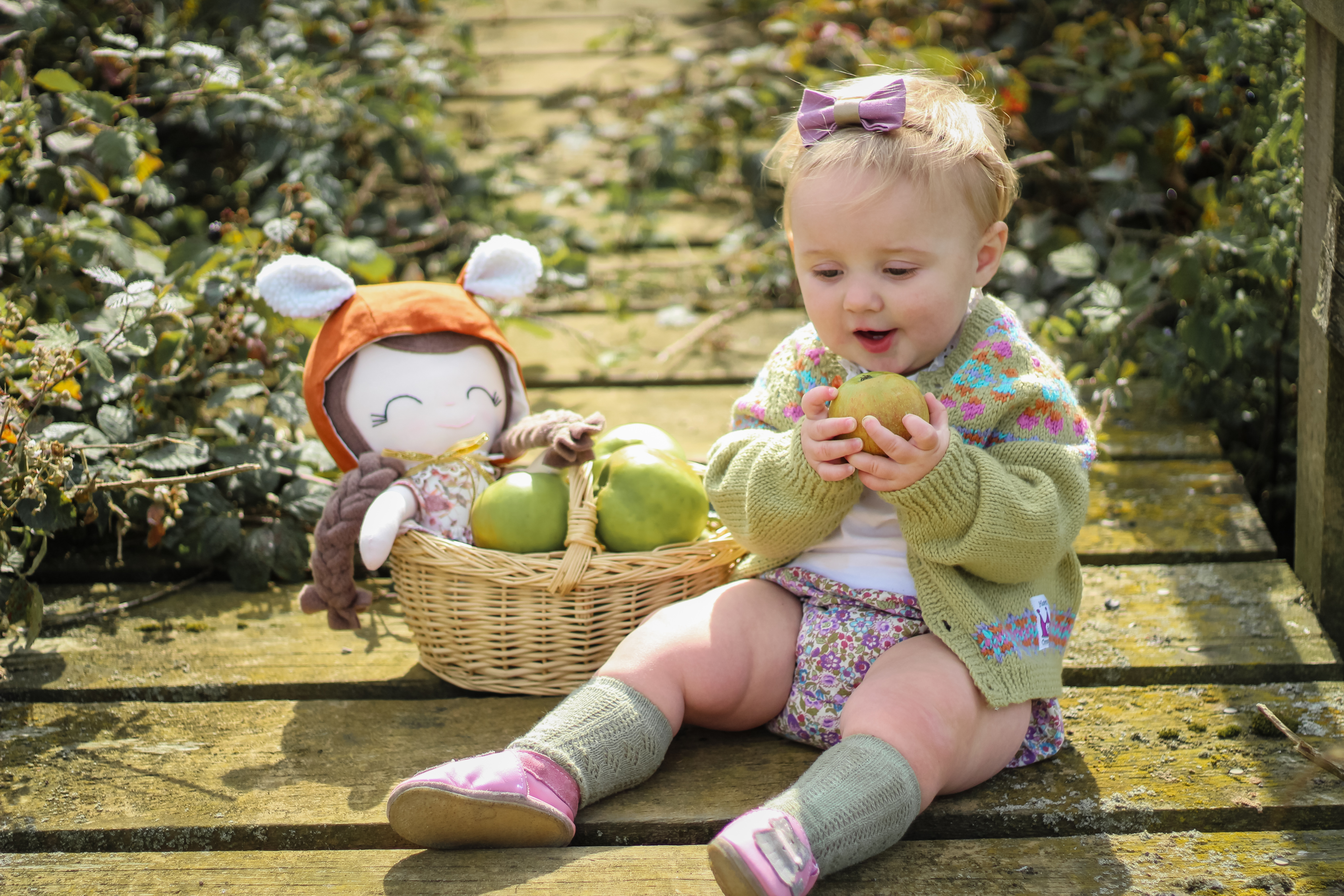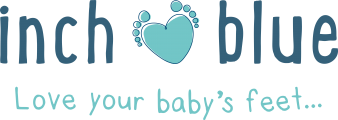When Do Babies Start Talking?

For many parents, one of the most anticipated milestones is hearing their baby say their first word. It’s an exciting and heartwarming experience to hear a little voice finally call out “mama” or “dada” after months of babbling. But it can also leave parents wondering: when do babies start talking? In this guide, we’ll explore the typical timeline for speech development, signs to look out for, and ways you can encourage your little one’s language skills. By understanding what to expect and how to support your baby’s speech development, you can help them along this fascinating journey.
What are the developmental stages in speech development?
Every child develops at their own pace, but there are general stages of language development that most babies follow. Typically, babies start using words around their first birthday, although some may start a bit earlier or later. Here’s a rough timeline of what to expect:
- 0-3 Months: Babies communicate through cooing, crying, and other sounds. At this stage, they’re exploring their voice and learning how to make different sounds.
- 4-6 Months: By this age, babies often start to experiment with babbling. You may hear them making sounds like "ba-ba," "ga-ga," or "da-da." While these sounds aren’t words yet, babbling is an important step in learning language and vocal control.
- 7-12 Months: As babies continue to babble, they often start imitating the sounds they hear from their parents or caregivers. Around 9-12 months, some babies may say their first word, such as "mama" or "dada." However, this varies greatly, and some babies may take a bit longer.
- 12-18 Months: At around 12 months, babies typically begin to say a few simple words and understand more than they can express. Common first words include "milk," "bye-bye," or "dog." By 18 months, many toddlers have a vocabulary of 5-20 words and may start to use words to name familiar objects or people.
- 18-24 Months: Between 18 and 24 months, children often experience a "language explosion" and may begin to say two-word phrases, like "more milk" or "big truck." Their vocabulary can expand quickly during this period.
While these are common milestones, remember that each child is unique. If you’re wondering when should a baby start talking, keep in mind that some babies may talk sooner, while others take their time. Both are completely normal, and a baby’s language skills will develop when they’re ready. Einstein famously didn’t utter a single word until the age of four!
How to Encourage Your Baby’s Speech Development
While every baby develops at their own pace, there are ways you can help encourage language skills and support their journey to talking. Here are some helpful strategies to promote speech development:
Talk to Your Baby Often
One of the best ways to encourage your baby’s speech development is to talk to them frequently. Narrate what you’re doing throughout the day—whether you’re making breakfast, folding laundry, or taking a walk. Describing your actions helps expose your baby to a wide range of vocabulary and shows them how language is used to describe the world around them.
Read to Your Baby Daily
Reading is a fantastic way to expose your baby to language, even from a very young age. Choose board books or picture books with bright, engaging images and simple words. Point to objects in the book and say their names, helping your baby learn to associate words with images. Reading together daily can also be a lovely bonding activity, giving your baby a positive association with books and learning.
Use Repetition
Repetition is key when learning new words. If your baby says "dog," for example, respond by saying, "Yes, that’s a dog! The dog is barking." Repeating words and phrases reinforces the sounds and meanings, making it easier for your baby to remember and use them in the future.
Engage in Playful Conversations
Even before your baby can speak, try to engage them in "conversations." When they coo or babble, respond as if you’re having a chat. This helps them learn the rhythm of conversation, showing them that communication is a two-way exchange. As they start to say words, keep the dialogue going by asking questions and responding to their attempts at speaking.
Use Gestures to Support Language
Using gestures can help reinforce words and meanings, making it easier for your baby to understand language. For example, wave when you say "bye-bye" or point to yourself when you say "mama." Research has previously shown that babies who learn to use gestures often develop verbal language skills earlier than those who don’t.
Sing Songs and Nursery Rhymes
Songs and nursery rhymes are great for speech development because they’re repetitive and easy to remember. The rhythm and melody make it easier for babies to pick up on patterns in language, and many nursery rhymes include simple, repetitive words that are ideal for young learners. Try singing classics like "Twinkle, Twinkle, Little Star" or "The Wheels on the Bus" with your baby.
Limit Screen Time
While it might be tempting to use screen time to entertain your baby, research suggests that face-to-face interaction is far more beneficial for speech development. Babies learn language best through real-life social interactions, where they can observe facial expressions, hear intonations, and engage with caregivers. Aim to limit screen time and focus on interactive play and conversation instead.
Encourage Imitation
Babies love to imitate, and this can be a powerful tool for language learning. Make funny sounds, exaggerated facial expressions, or simple words and see if your baby tries to copy you. Imitation helps babies practice forming sounds and learning how their own voice works, setting the foundation for talking.
Use Everyday Routines as Learning Opportunities
Incorporate language into daily routines, such as mealtime, bath time, and bedtime. For example, during bath time, you might name body parts ("Here’s your nose!"), or during mealtime, talk about the food you’re serving ("This is an apple. Apples are sweet!"). Repeating these words within the context of routines helps babies connect language to daily life.
When Should a Baby Start Talking?
While many babies say their first word around their first birthday, it’s perfectly normal for some children to talk sooner or later. However, if your child hasn’t started saying simple words by 18 months, or if they’re not saying two-word phrases by age two, it might be worth discussing with your GP or Health Visitor. Speech delays can sometimes indicate a need for extra support, but with early intervention, most children catch up quickly.
Supporting your baby’s development at every stage
While every baby will develop at their own pace, talking to them often, reading books, and engaging in playful conversations are wonderful ways to help them along. Whether they start talking early or take a bit more time, encouraging language skills is one of the best gifts you can give your child.
As your baby grows and explores their world, Inch Blue is here to support their journey with comfortable, high-quality shoes that provide gentle support for growing feet. Made from soft, natural leather and designed to mimic the feeling of barefoot walking, we have a wide range of shoes from newborn shoes and pre walker shoes to toddler shoes. Handmade in the UK, our shoes come in a variety of charming designs to reflect all personalities, helping your little one stay comfortable and stylish as they take their first steps and, eventually, speak their first words.
Let your child explore, talk, and grow with the support of Inch Blue shoes, designed for every step of their development.
